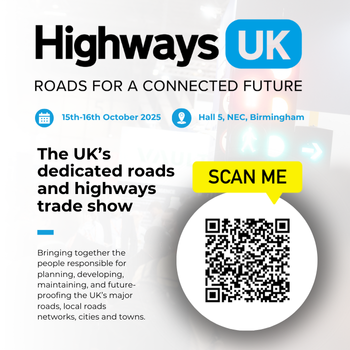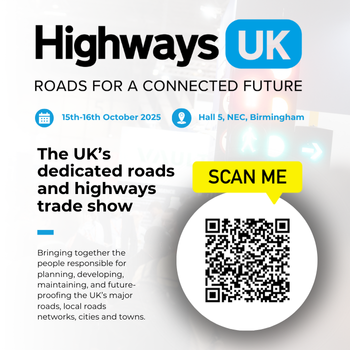The news that council chiefs are set to quit amid budget and pension plan changes (Financial Times, Council Chiefs Set to Quit as Cuts Bite, 11 November issue) brings into the spotlight once more the issue of attracting the best and most qualified staff to senior roles when remuneration alone will not cut it.
With all parties looking to local government to take additional social and political responsibilities while simultaneously saving money it is quite clear that the political and business landscapes have changed. If public sector organisations are to attract and retain the best talent to cope with these changes they must realise that the manner in which they attract and retain their employees must change with them. The good news is technology can bridge this gap.
Public sector organisations today are increasingly under pressure to deliver top quality service with fewer and fewer resources. A key way to achieve this it to increase employee knowledge and maximise efficiency, so service to customers can be delivered quickly and effectively each and every time. Yet, attracting and retaining talented staff with the necessary aptitude and experience can be very challenging, particularly when budgets are tight and there is pressure to reduce costs. Top quality employees are a hot commodity and in the current economic climate, alternative incentives should be considered when a hefty pay hike or an attractive pension isn’t an option.
For instance, due to the ready availability of flexible working technologies such as videoconferencing or remote access to office functionalities, staff can better balance work and home life, so it can shift from being a -nice to have” to a -must have”. Especially when budgets are tight, organisations need to show they care about work/life balance, or that talent could go elsewhere. And without the right staff, or the right technology to retain them, everyone loses.
In addition to enabling employees to balance their home and work lives, flexible working technology can also ease the pain of the talent drain by providing organisations with the ability to staff important roles with non-traditional employees such as remote or part-time workers and retirees. This can translate to improved competition with the private sector as well as better service, faster issues resolution and more responsiveness overall.
What about costs? Fortunately, many of the technologies that can make flexible working a reality are already in place in most organisations. By combining the existing infrastructure such as VoIP with newer technology like Unified Communications, employees can work as effectively remotely as they do in the office. Unified Communications (UC) technologies such as presence or extensions to mobile applications which enable remote staff to work seamlessly regardless of location, could enable employees to work a rolling set of hours and equip them with the ability to work from anywhere they happen to be, effectively extending business hours as experienced by customers and partners without requiring employees to work a single extra minute.
Furthermore, employees are not the only ones that benefit from flexible working policies. Customers too see the benefits, through increased access to experienced, knowledgeable staff. Flexible working can allow public sector organsations to live the dream of first call resolution, becoming even more efficient with a limited set of resources.
The social and political landscapes are changing, but so is the way we work. Through increased flexibility, the public sector can become more competitive and efficient, so it can better fulfill its function – to serve.








Recent Comments